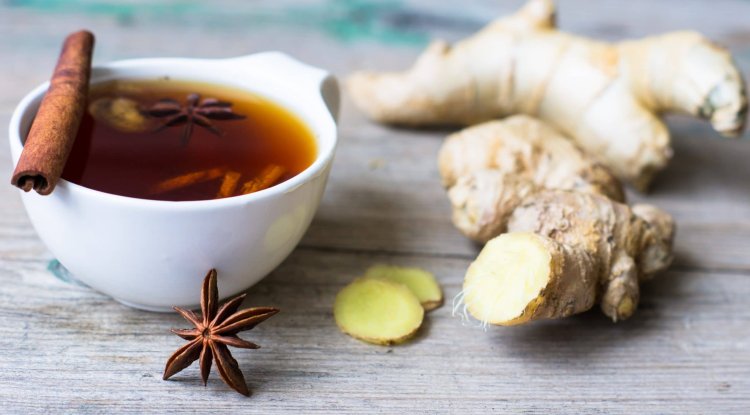What to eat if you want to lose weight?
Losing weight does not mean starvation, but a larger number of well-balanced meals, and these are the foods that will help you along the way!

Although there are many, often contradictory, interpretations of which foods to avoid and which to consume more, experts agree that a healthy and balanced diet is the best way to a healthy weight and general health. That means not avoiding any group of macronutrients, but balancing the recommended intake of those we need. These foods are the best sources of everything our body needs, so try to include them in your diet as often as possible.
Eggs
Although higher egg intake can raise LDL cholesterol levels in some people, eggs are one of the best foods if we want to achieve or maintain a healthier weight. Eggs are incredibly rich in nutrients. Interestingly, almost all of their nutrients are found in egg yolks, such as choline and vitamin D, although egg whites contain 4-6 grams of protein. Because they are rich in protein and fat, they help us feel full.
A study involving 50 healthy overweight people found that eating eggs and toast with breakfast butter instead of cereal, milk, and orange juice increased the feeling of satiety for the next 4 hours. Also, another study found that those who ate an egg-based breakfast, either high or moderate in protein and fiber, reported higher satiety than those who ate grains and low-fiber milk.
Leafy vegetables
Kale, spinach, chard have several properties that make them perfect for achieving or maintaining a healthy weight. They contain fiber and nutrients that keep us full and hydrated, as well as thylakoids, plant compounds that are associated with increased satiety and better appetite management.
Adding leafy vegetables to your diet can help you feel full and reduce cravings for less nutritious foods. Learning to respond to the internal signs of hunger and satiety can help achieve healthy weight loss goals.
Salmon
Salmon is full of high-quality protein, healthy fats, and a variety of important nutrients. That combination keeps us full and can help us achieve a healthier weight. Salmon is full of omega-3 fatty acids that can help reduce inflammation, and inflammation plays a major role in obesity and metabolic diseases.
Moreover, fish and seafood, in general, can also contain a significant amount of iodine, and this nutrient is necessary for the proper functioning of the thyroid gland, which in turn is important for the optimal functioning of our metabolism. Mackerel, trout, sardines, herring, tuna, and other types of fatty fish are also great for our health.
Chicken breast and lean meat
A high intake of red and processed meats is associated with a higher risk of cancer, diabetes, premature death, and heart disease, while skinless chicken breasts and lean red meats such as fillets or steaks contain protein and iron. They have less saturated fat than other meats. It is ideal to eat several servings of 85 grams per week. The portion is about the size of a palm.
Potatoes and root vegetables
Many began to avoid potatoes, at least in part, because of the growing popularity of low-carb diets. But potatoes and other root vegetables have several properties that make them ideal foods for weight loss and optimal health. They contain an incredibly diverse range of nutrients - little by little almost everything you need. It is especially rich in potassium, a nutrient that most people do not get enough of and that plays an important role in regulating blood pressure. If you leave the potatoes to cool for a while after cooking, they will form large amounts of resistant starch, a fiber-like substance that has been shown to have a variety of health benefits, including weight loss. Sweet potatoes, beets, and other root vegetables are also great choices.
Beans and legumes
Beans and other legumes may be useful for weight loss. These foods are rich in protein and fiber, two nutrients that promote satiety. Due to its high fiber content, beans can cause gas and bloat in some people, but proper preparation can help alleviate these side effects. Always buy beans dry and soak them for a few hours before preparation.
Soup
Soup is a great way to increase your intake of vegetables and whole grains that we don’t normally get enough of. Just keep in mind that types of soups that are cream-based or that involve processed meat will not provide the same nutritional effect. People usually need more time to eat soup than other foods, and eating slowly can help us eat more carefully and avoid continuing to eat until we feel full.
If you want a richer soup, there are ways to increase its creaminess without the use of greasy cream. Try mixing avocado in the soup or adding cashew nuts.




























